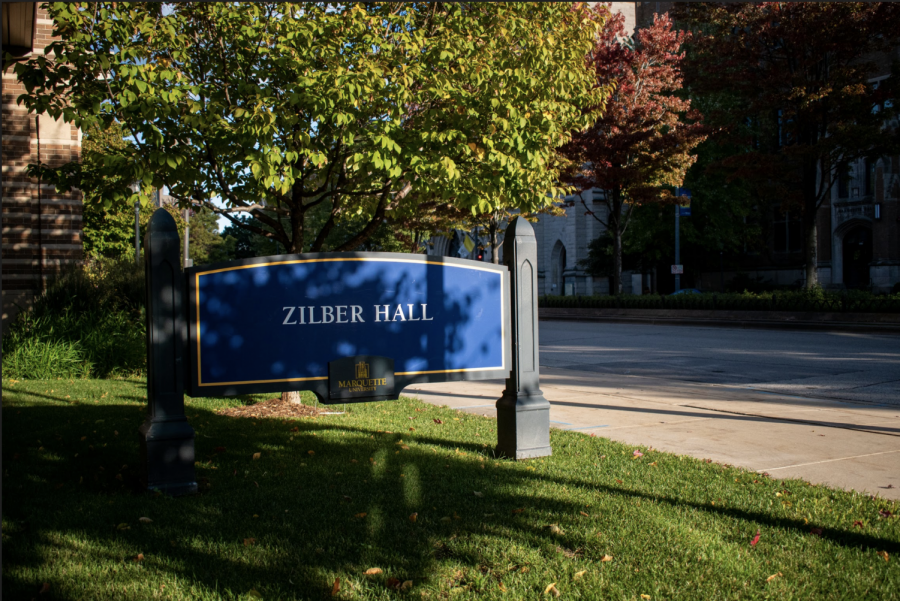New groups of freshmen arrive on campus every year, hoping to stand out or surpass the accomplishments of previous classes.
Every incoming freshmen class should hope to bring something profound or unique with it in the hopes of improving Marquette.
The class of 2014 indeed brought something distinctive along with their futons and mini-fridges — diversity. Minorities now account for more than 20 percent of the freshman class.
But bringing more students of color on campus is only the first step toward building a more diverse and culturally aware campus. The graduation rate for black students attending Marquette is 58.7 percent, according to a study of rates from 2006 to 2008 by The Education Trust released last month.
Although that number is higher than the average black graduation rate at most public and private universities in the study, it’s still nearly 20 percent less than the white graduation rate at Marquette.
Once students are at Marquette, efforts must be made to keep them academically successful and on track to graduate.
Marquette is working to support its minority students through different campus-based organizations and programs, like the Educational Opportunity Program.
The 41-year-old program is a campus organization that recruits minority, first generation and low-income students to Marquette. EOP provides students with academic and financial support as well as counseling.
One of the main goals of EOP is to encourage and inspire students to succeed in their academics. Students have the opportunity to request free tutors for subjects they struggle in. They have academic advisors, along with the advisors from their colleges, who monitor their classes and grades.
This successful program has been a prime example of Marquette’s efforts to foster and support diversity on campus, but more can be done.
Alexander Peete, associate director of student support services, suggested that adding more faculty members of color could act as a step toward prompting diversity and encouraging prospective minority students to attend Marquette.
Peete believes the key to keeping students of all backgrounds productive is to provide a solid foundation during the transition into college.
To that end, starting this semester Marquette will introduce the MAP-Works pilot program, an early alert system, which will survey 500 freshmen students in their third week of school. Its intention is to catch any academic problems students may be having, from homesickness to test-taking skills.
The survey will ask students a range of questions, including their transition to college, study habits and overall experience at Marquette thus far. Students’ results are then compared to those of their peers. The results of the survey are also sent to the students’ academic advisors and hall directors.
MAP-Works is definitely a step in the right direction, but it is still a pilot program in its first year. In order for the program to be productive, its strengths and weaknesses should be monitored so it can continue to grow and improve in the future.
And the university should not stop there. Creating other programs similar to EOP and MAP-Works that emphasize students developing better study habits and test-taking skills will result in more freshmen classes having a solid academic foundation to start and finish their higher education.
Now that Marquette has students of color on campus, keeping them here and graduating them have to become priorities. Let’s ensure the 20 percent figure has not shrunk when the members of the Class of 2014 receive their diplomas.






